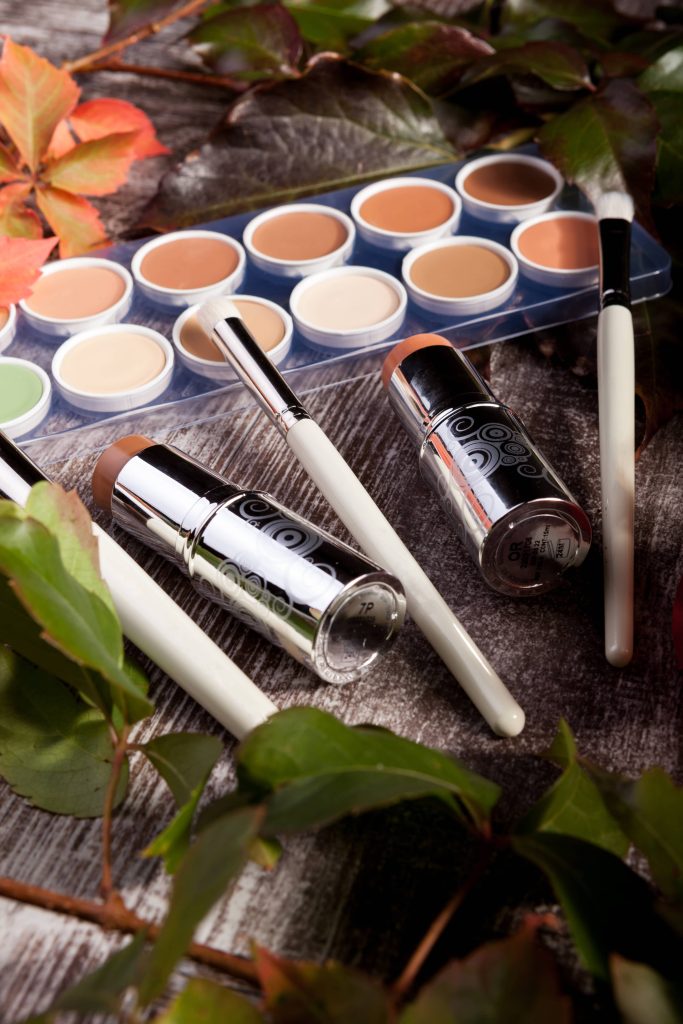
Winter is a magical season, filled with cozy nights, holiday festivities, and picturesque snowfalls. However, as magical as it is, winter can be a challenging season for your skin. The combination of cold air, blustery winds, and indoor heating can wreak havoc on your skin’s moisture levels, leaving it dry, flaky, and sometimes irritated. As a beauty blogger passionate about skincare, I’m here to guide you through adapting your skincare routine for these colder months, ensuring that your skin remains supple, radiant, and healthy throughout the winter season.
Understanding Winter’s Impact on Your Skin
Before diving into tips, it’s essential to understand why winter poses such a challenge to your skin. During the colder months, the air becomes drier, and our skin loses its ability to retain moisture efficiently. Wind and cold temperatures strip the skin of its natural oils, while indoor heating further exacerbates dryness. This combination can disrupt the skin’s protective barrier, making it more susceptible to irritation, redness, and conditions like eczema.
Tip 1: Switch to a Hydrating Cleanser
The first step in any skincare routine is cleansing. In the summer, a foaming or gel-based cleanser might work wonders; however, in the winter, these can strip the skin of its natural oils. Opt for a cream or oil-based cleanser that hydrates as it cleanses. Look for ingredients like hyaluronic acid, ceramides, or glycerin that help maintain your skin’s moisture levels.
Tip 2: Prioritize Moisturizing
Moisturizing is crucial in the winter. Swap your lightweight summer moisturizer for a richer, more emollient formula that can lock in moisture. Ingredients such as shea butter, squalane, and jojoba oil are excellent choices. Layering is key: consider using a hydrating serum before your moisturizer for an added boost of hydration. Hyaluronic acid serums can be particularly effective as they attract moisture from the environment and deeper layers of the skin.
Tip 3: Protect Your Skin Barrier
Our skin barrier is vital for maintaining hydration and protecting against external irritants. In winter, it’s essential to focus on products that strengthen this barrier. Products with ceramides, niacinamide, and peptides can support and restore the skin’s natural defense mechanism. Avoid over-exfoliation, which can compromise your skin barrier—especially scrubs and products with high concentrations of acids. Instead, opt for gentle exfoliation once or twice a week to keep skin smooth without causing damage.
Tip 4: Don’t Forget SPF
While the sun may not feel as intense in the winter, harmful UV rays are still present and can contribute to skin aging and damage. Snow can reflect up to 80% of UV rays, which increases exposure. Applying a broad-spectrum SPF of at least 30 should remain a daily habit, whether you’re hitting the slopes or enjoying a chilly walk in the park.
Tip 5: Consider Using a Humidifier
Indoor heating systems can strip the air of moisture, leading to dry skin and even respiratory issues. Using a humidifier at home or in your office can counteract this, adding moisture back into the air. You’ll likely notice a difference not only in your skin’s hydration levels but your overall comfort during the winter months.
Tip 6: Pamper Your Lips and Eyes
Lips and eyes often get overlooked, yet these areas are particularly susceptible to winter’s harsh conditions. Keep your lips smooth and crack-free by applying a hydrating, protective balm regularly. Opt for balms with natural oils and butters like cocoa or shea. For under-eye care, a lightweight yet nourishing eye cream can combat dryness and reduce puffiness caused by cold winds and lack of sleep.
Tip 7: Hydrate from the Inside Out
Skincare isn’t just about what you put on your skin—it’s also about what you put into your body. Drinking ample water is a year-round necessity, but it becomes especially crucial in the winter. Herbal teas can be a comforting alternative to plain water, providing both hydration and warmth. Eating a diet rich in omega-3 fatty acids, such as those found in fish, flaxseeds, and walnuts, can also support your skin’s barrier function, keeping your complexion hydrated and supple.
Tip 8: Embrace Facial Oils
Adding a facial oil to your nighttime routine can provide an extra layer of protection against moisture loss. Oils like rosehip, argan, and marula are lightweight yet intensely hydrating, sealing in your moisturizer and leaving your skin feeling soft without clogging pores. Applying oil as the final step can ensure you wake up with a refreshed, glowy complexion.
Conclusion
Winter skincare adaptation isn’t just a luxury—it’s a necessity for maintaining healthy, comfortable skin during the harsher months. By making mindful changes to your skincare routine and incorporating these seasonal tips, you’ll not only protect your skin from winter’s drying effects but also enjoy a radiant complexion all season long. Remember that skincare is personal, and it may take some time to find what works best for you. Observe how your skin responds and adjust accordingly, ensuring that you enter spring with skin that’s as vibrant and fresh as the blooming flowers.



